|
|
||
|
Pro Tools
FILMFESTIVALS | 24/7 world wide coverageWelcome ! Enjoy the best of both worlds: Film & Festival News, exploring the best of the film festivals community. Launched in 1995, relentlessly connecting films to festivals, documenting and promoting festivals worldwide. Working on an upgrade soon. For collaboration, editorial contributions, or publicity, please send us an email here. User login |
Interview with Actress/Director Karen Allen @ 70th Annual Cannes Film Festival.
Actress Karen Allen has been acting for over 35 years in commercial film and theater. With some of her most renown characters being Katy from 'Animal House' (1978), Marion Ravenwood from 'Raiders of the Lost Arc' (1981) and 'Indiana Jones and the Kingdom of the Crystal Skull' (2008), Jenny Hayden from 'Starman' (1984) and Claire Phillips from 'Scrooged' (1988), she has played hundreds of roles in film, TV and theater. An award winning actress and household name with a voluptuous career already behind her, Karen is only just getting started. Although she has directed theater for the past ten years, she has now donned the film director's hat and loves it. Her debut short film is the adaptation of a short story by author Carson McCullers called 'A Tree A Rock A Could', which held its international premiere in short film competition at the 70th annual Cannes Film Festival. Audiences have raved about the film since, which has already won its first prize as Best International Short at the 2017 Manchester International Film Festival (MANIFF). I sat down with Karen Allen and her producer Diane Pearlman at the American Pavilion in Cannes where we spoke at length about 'A Tree A Rock A Cloud'. They both had much to say about the experience of making their first film together, as well as attending the Cannes Film Festival.
Actress/director Karen Allen and producer Diane Pearlman @ 70th Cannes Film Festival.
You've been acting for many years. What made you decide to make this short film your film directorial debut? KAREN: I've been directing for about ten years but in theater not in film. 'A Tree A Rock A Cloud' has been on my mind for a number of years actually, because it's a story I know really well. It goes back to my early twenties when I was a big Carson McCullers fan. I've read her entire body of work and this little story jumped out at me and has stayed in my mind year after year. I think there was a brief time I thought I might do something with it on stage with another shorter piece. Here you have Carson McCullers writing about love through the voice of a male character and there's another piece I like written by a male writer where he's writing about love through the voice of a female character and I thought they'd be interesting to put together on stage, but that never came about because I never got the chance to focus on it. The idea of the short film came to me because I found the location. I would drive by this old run down cafe all the time and thought, “that looks like the place I've pictured in my mind where this story takes place.” I drove by it again and again over the years but I never stopped to go in. First, because it a was a kind of scary looking place and, second, because I was afraid to see what it looked like inside; I thought that if it looks the way it should for the story, I would finally have to take that next step further. KAREN CONT'D: One day, I pulled up and I walked in. It looked exactly the way I thought it would look inside! Within the next year, I was sitting with a friend of mine who is a producer and he asked me, “What is the thing you really want to do that you haven't done yet?” And I said, “I think I'd like to direct a short film that would allow me to see whether or not I really want to move in that direction.” I knew after having worked with many first time directors that I didn't want to do a feature as a first thing because I've seen that deer in the headlights look on their faces. I've seen men and women weep and have such a nervous breakdown on set that I didn't know if we were going to make it to the next day. I thought, “I don't think that's really the best way to begin directing.” I thought I'd like to begin with something very simple where I'm not setting such a huge task in front of myself that I'm terrified. KAREN CONT'D: There are ten actors in this piece but only three of them speak and we were 85% in the one location. I thought, “this is the first piece for a starter film.” I knew two actors who I thought would be really wonderful in two of the main roles. Then, there was a 12 year-old child we would have to find. I thought it had the right combination of simplicity and challenge for me. A producer friend I had worked with in the past very much wanted to get involved. Then Diane Pearlman, who I've known for a long time, whose been involved in the film world in this area of Massachusetts where we both have houses, became involved. Little by little, we started rolling this huge boulder up the hill and we started to raise the money.
How did you go about casting? KAREN: There's really only two main roles- one as the man who is a story teller and the kid. There is an actor who I have enormously admired in the course of being an actor; his name is Jeffrey DeMunn. I saw him on stage in the 70's and he so blew my mind that I literally went back to see the play 6 or 7 times. I'd never done that before and I've never done that since! I'd watched his career over the years and about 12 years ago, I did a play with him. I spent most of my career trying to figure out how I could work with him. Often, when I was cast in a film and they hadn't cast the male role, I was a pain in the butt, saying again and again, “What about Jeff DeMunn?” I did that often in theater as well. Finally, there was a play where an actor fell out about a week before we were going to start rehearsing. I suggested Jeff DeMunn to the director and he said, “What a great idea!” A week later, I was rehearsing with Jeff and I was so happy because he's such a great actor. I knew I wanted him in this lead role as the storyteller. He read it and said he'd love to do it. Another actor I've directed in theater a few times, I also knew he'd be fantastic in a role. Then we had to find a child, so we met with a lot of actors. More than three hundred kids sent us pictures and resumes. We met with fifty, narrowed the list down to twelve and finally we chose one who is just beautiful; Jackson Smith.
You filmed all on location in the house? KAREN: Yes. It's called Silverbrook Cafe, which was originally a creamery back in the 1800's before it was an old bar and grill/cafe. It has been many different things in its life, but it's empty and abandoned now. It's in a little town called Sandisfield, Massachusetts in the southwest, about as far from Boston you can get.
Do you think you might turn this into a feature? KAREN: There have been conversations about that. It would depend on Carson McCullers estate because this is based on her story. She passed away 58 years ago and there is an attorney who looks after her estate. The complications of taking a short story and expanding it would mean I'd have to become almost a collaborator with Carson McCullers, which could be challenging or not; I don't know. But it is a story that could be turned into a feature film in my mind.
This being your first film, were there any disaster experiences behind the camera? KAREN: We had our ups and downs. One of the worst experiences was that once we had our sights on this cafe, but it turned out that it had been repossessed by the bank and the woman who owned it went into some financial woes. By the time we were ready to shoot the film, it had been repossessed and it belonged to a bank that wasn't even in the US. The process, the heartache and frustration we went through trying to get this bank to give us permission to go back in there was time consuming and stressful. In the end, people came through and helped us and we prevailed, but that was our first real drama. KAREN CONT'D: Also, after the first day of shooting, we put our card into the card reader and saw that we'd lost our first half day of shooting. That was startling. I didn't even know that could happen. I just had to do a re-shoot of the half day because it was going to cost us more in the end to try retrieve the information and there was no guarantee we would get it. So we went back to re-shoot half the day, which was mostly on Jackson. That was great because he'd never acted before and even though he was remarkable from the first moment he was on camera, I felt it would only be a good thing to re-shoot his early scenes after he'd already been on set for 5-6 days. There were some other little things here and there. Sound was a bit of challenge for all kinds of reasons; but for the most part, we were very blessed. A lot of things could have gone wrong but didn't. Some of our key people we almost lost but didn't. KAREN CONT'D: A lot of good things happened too. In the end, everyone we wanted on the film was available for that one week and it all came together. We shot it in a week and it was excellent. The weather completely cooperated, which could have been a very big problem for us. Throughout most of the film we're looking out a window, so if the weather had changed drastically it would have made it problematic for us. All of those things that could have been very difficult in the end came together. DIANE: As an observer, the way it all came together, it was pretty magical. It just felt right.
Do you want to say something about your experience as a producer on the film, Diane? DIANE: I come from a different world. My background is in visual effects for feature films, so this was my first time producing from soup to nuts, beginning to end. It was a great partnership with Karen. As director and producer, she was involved in everything. I think we learned a lot and we were helped a lot by our community. I brought a lot of the amazing professionals who I knew would support Karen in her vision. It wasn't really a great producing experience for me. Indie producing is very different from visual effects because whereas in the latter they give you a lot of money and then tell you to figure it out, with producing you have to go find the money and then figure it all out. Overall, it has been a great experience and I have a new appreciation for indie film. It's something we should really promote, especially in our area in Western Massachusetts, because people have some great messages and stories to tell. Another new thing for me was that we were a very female-centric crew. Only two or three heads of departments were men and all the other departments were women, which was unusual. I've been on a lot of films where I was the only woman on set so it was noticeable. And there were a lot of A personalities, but everyone was committed to supporting Karen as a director. People just loved being on set. KAREN: I don't think you can work on a film without being an A personality. I've never seen a low key person do well on movies. And there was indeed a very dynamic group of women who had a lot of experience, each in their own way and in their own area. The men were too, but it was a real female experience with 80% women working on the film.
Now that you're wearing the directing hat, you're still going to act, right? KAREN: I am. I have a film opening up now called, 'Year By the Sea', which is based on Joan Anderson's memoir. It's a beautiful woman and transition film. She's become kind of a guru in the women's movement with women who have reached that empty nest phase of their life and feel suddenly at times lost and that they need to rediscover who they are and move into the next path of their life. I got to play Joan, which was just a joy. That film is doing really well. KAREN CONT'D: I think it's a gift to be able and willing to do both, to act and direct. At my age there's not a vast amount of acting roles interesting to me. So rather than sit around feeling grumpy about that, it just gives me a whole other world to explore. To be able to direct in the theater and in film and to not care whether there's a role in it for me or not. What I end up focusing on is the storytelling aspect and the whole big picture. I work really well with actors as a director and I feel very at home there. That's just the zone I belong in, so I'm delighted to have both of those in my world. I would feel it very difficult to be an actor at my age and have that as my only option. I know that acting is a process. I think a lot of directors I've worked with in my life, if they don't see everything in the first take or rehearsal, they get anxious that you don't know what you're doing. But when you work with an actor you know and you're confident with, you can let them be terrible for the first 4-5 takes and you just know that they're honing it in and finding their way. The last thing you want to do is shut an actor down by saying something unsupportive in terms of what they're doing; you want to keep them playful and alive. I understand that because I've been an actor for 35 years and I want to give actors that opportunity to not worry. I want them not to be anxious but to feel they are at the top of their creativity.
What has it been like to have your film in the short competition at Cannes? KAREN: It's very cool. I love to put it up on the big screen and let people watch it. To me, this is one of the most profoundly beautiful stories I've ever been exposed to in my life and I want to share it with people. The message is something we need so much right now in the world. We are so divided and there's so much hate. It's really about transcendence of love and each person kind of owning their own heart and realizing that love isn't something you grasp and pull towards you, but something you find in yourself and offer out to the world. It's simple and subtle and even Zen Buddhist in its own way. While the film is a simple little fable, it also demands your attention. It's possibly not for everyone but I'm thrilled that we're here. KAREN CONT'D: I've been here twice as an actor with a film in the festival and one that opened and it's a whole different experience. Now we are here walking up and down the croisette every morning. When I came before I was in a little bubble where all you do is go from your car to a restaurant or you stay in your hotel all day and walk down the hall. That's as much of Cannes as you see, from the 2nd floor to the 5th floor. When you're here as an actor it's all about the glamour and what you're wearing and everyone fussing about your hair. I'm a jeans and T-shirt girl, so I'm very happy to not have to do that this time. Before, I had never even been to the beach! I knew it would be a very different experience this time and I love being here as a director like this. DIANE: I've never been to Cannes before. To be exposed to the international film community, people have been so welcoming to see Karen here as a director not an actor. When people realize it's her, people say what a role model she was for them, etc. Plus, there's a great network of women here who are looking for women directors and financiers for women projects, etc. We've made new friends. People say you make “Cannes Friends” and I totally understand that. There's a comradery here in the international film world.
Actress/director Karen Allen and producer Diane Pearlman @ 70th Cannes Film Festival. See film's site here: http://www.atreearockacloudthefilm.com/ Interview conducted and written by Vanessa McMahon. 13.06.2017 | Cannes's blog Cat. : Interview with Actress/Director Karen Allen @ 70th Annual Cannes Film Festival. Interviews
|
LinksThe Bulletin Board > The Bulletin Board Blog Following News Interview with EFM (Berlin) Director
Interview with IFTA Chairman (AFM)
Interview with Cannes Marche du Film Director
Filmfestivals.com dailies live coverage from > Live from India
Useful links for the indies: > Big files transfer
+ SUBSCRIBE to the weekly Newsletter Deals+ Special offers and discounts from filmfestivals.com Selected fun offers
> Bonus Casino
User imagesAbout CannesMy festivalThe EditorUser contributions |



















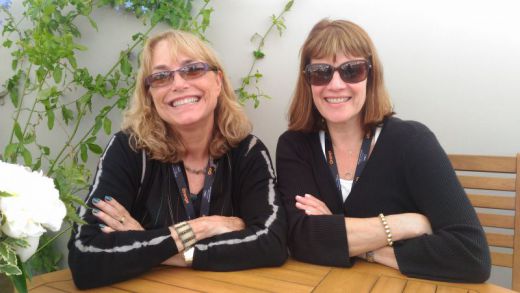
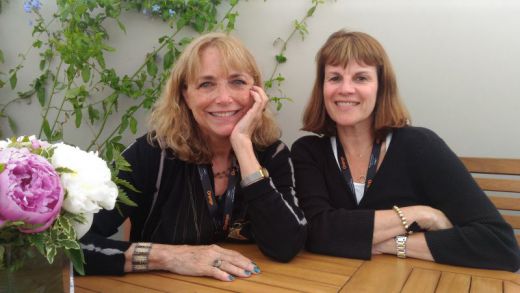

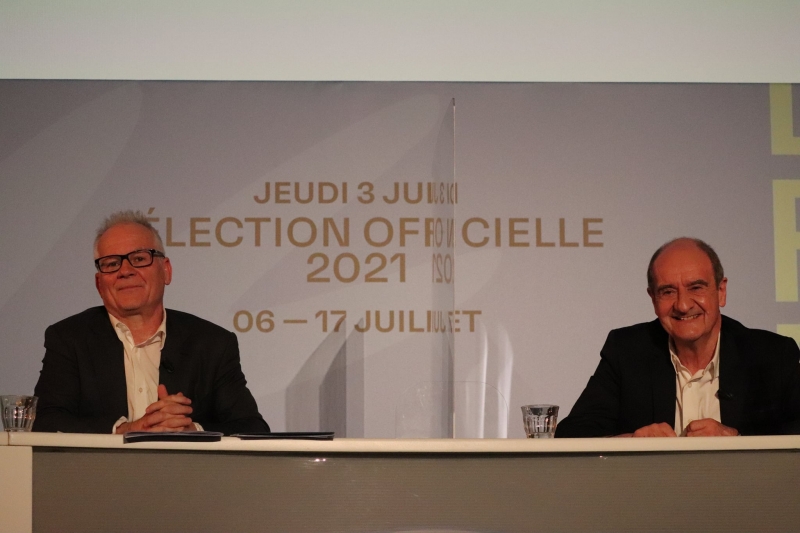
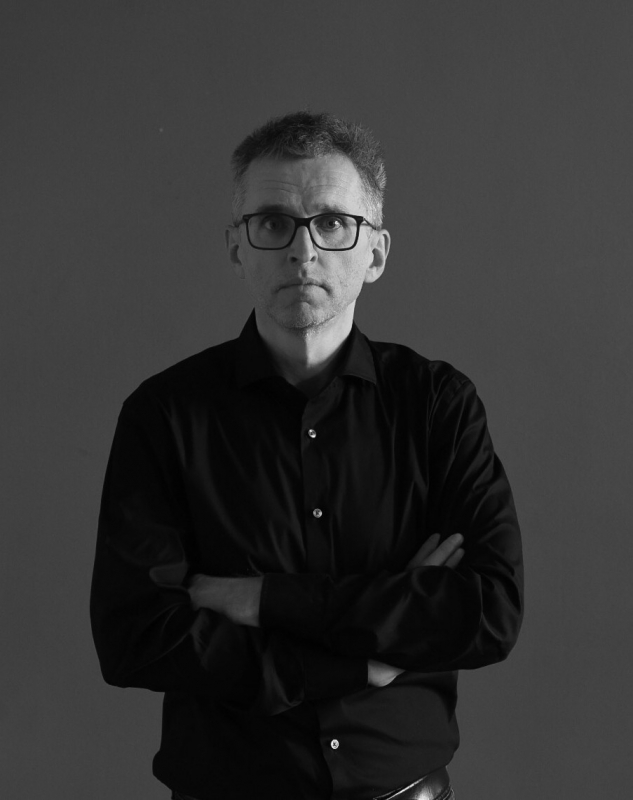
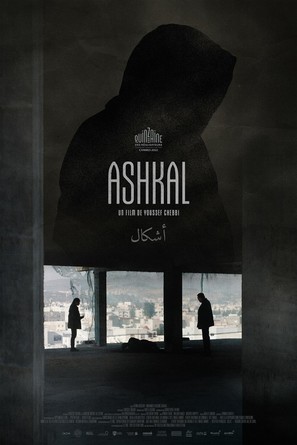
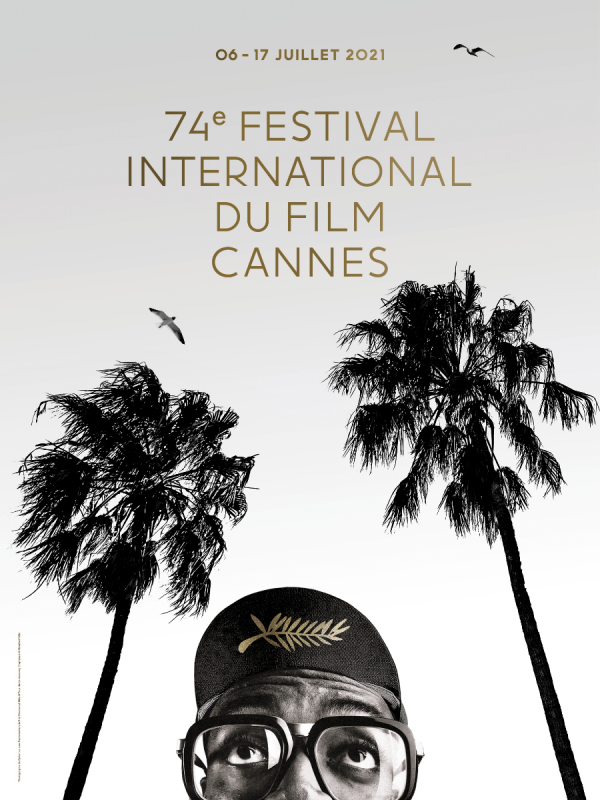

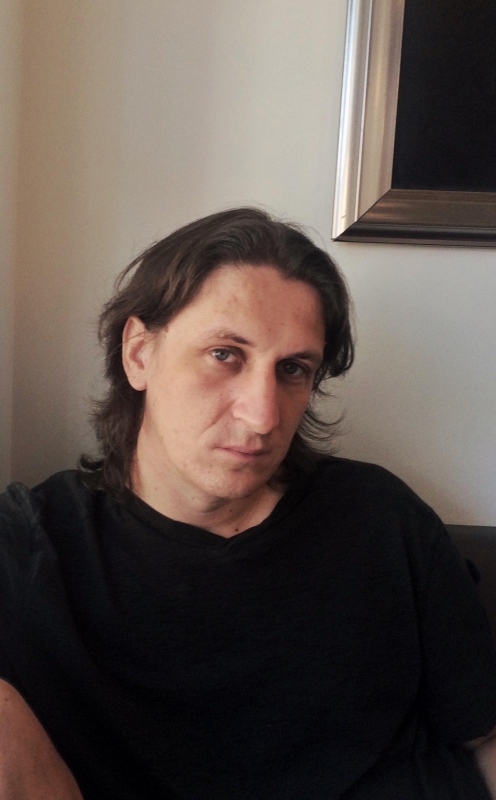
 Cannes
Cannes 


